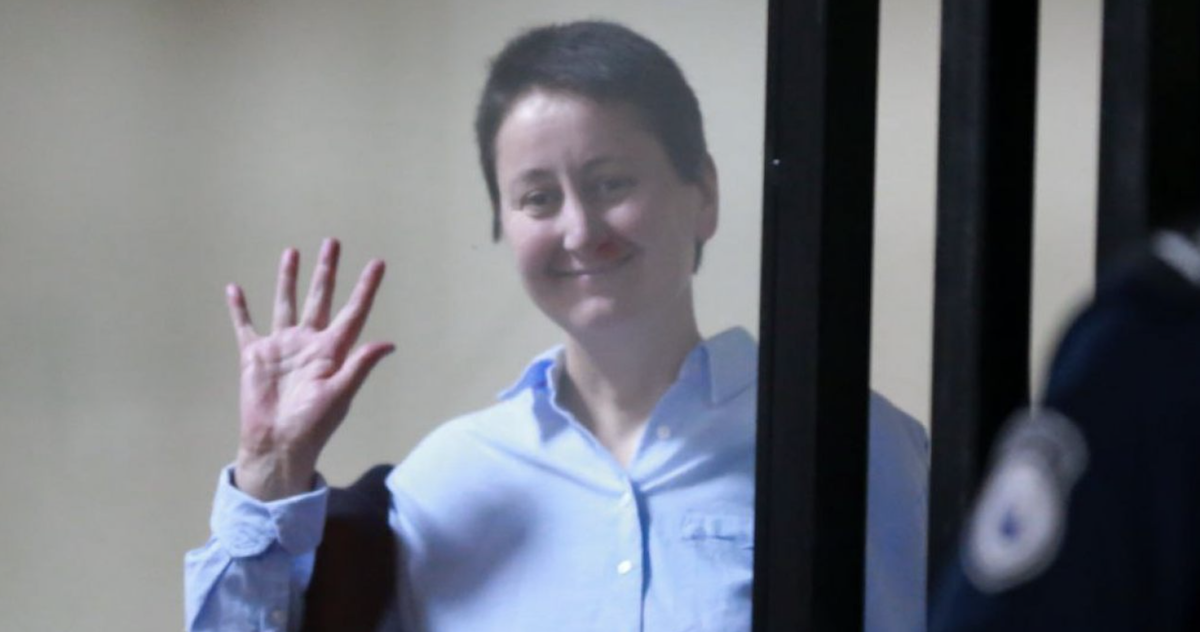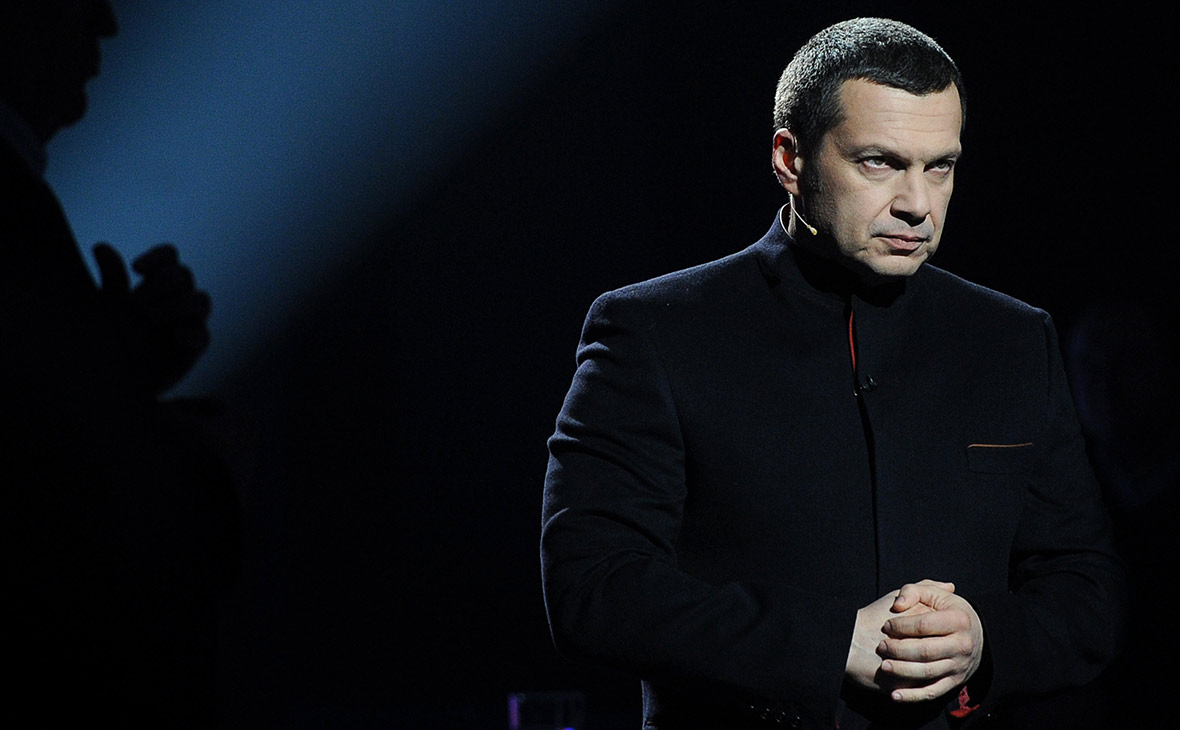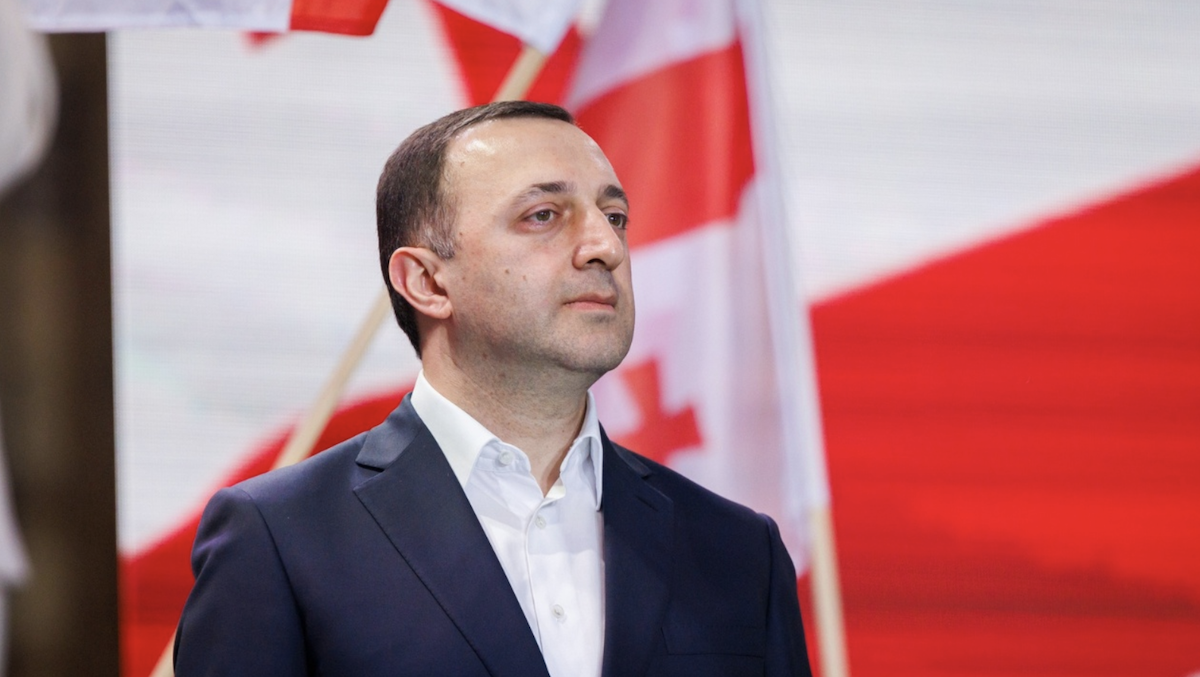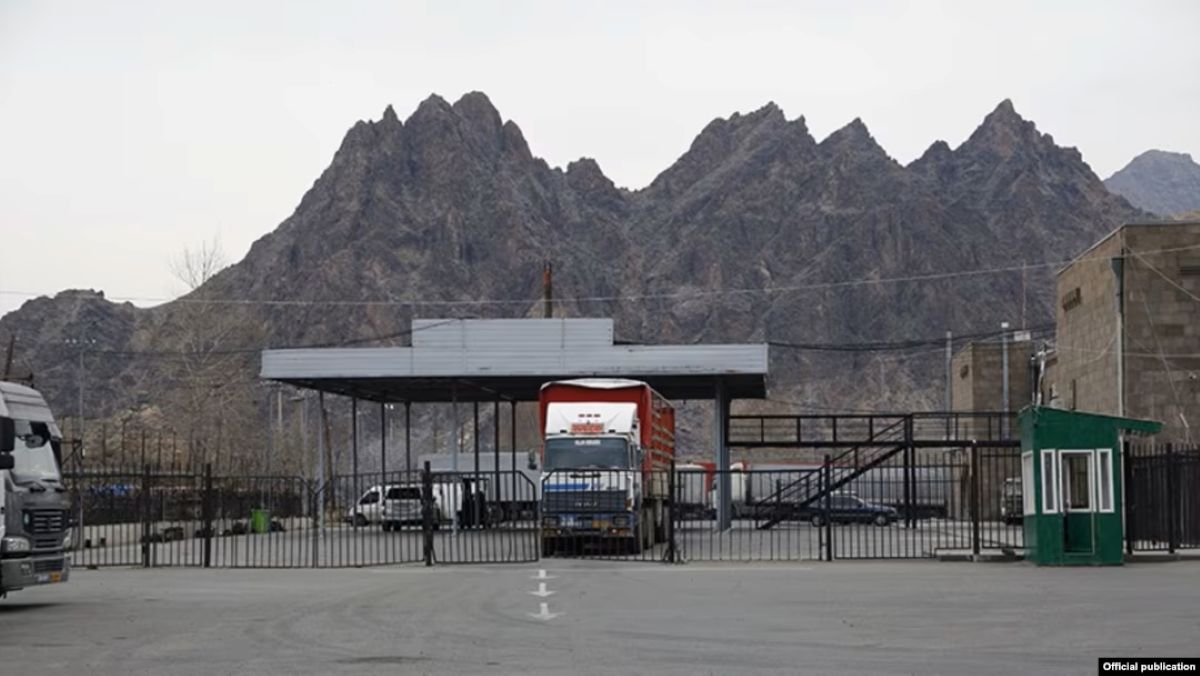Georgian president causes stir by refusing to pardon priest convicted in Church 'cyanide case'
Georgian President Salome Zurabishvili has caused a stir by excluding Archpriest Giorgi Mamaladze from an act of amnesty passed on Orthodox Christmas.
Mamaladze has been serving a prison sentence for the past two years in the high-profile ‘cyanide case’, and was expected to be released.
In the end of 2019, the Georgian Orthodox Church said that it would ‘not be against’ Mamaladze being released from prison, though now there is speculation that the statement was meant only to serve as a demonstration of the church’s goodwill and alleged transparency, given that Mamaladze has made a number of accusations against both the patriarch and other high-ranking clergymen, ranging from corruption to pedophilia.
Mamaladze was detained on February 10, 2017 at a Tbilisi airport. In his possessions, the police discovered a sodium cyanide, a poisonous substance. The priest was going to Germany to visit the patriarch who was undergoing treatment, and who was accompanied by his entourage, including Tetruashvili.
Initially, it was stated that Mamaladze had carried the cyanide to poison a “high-ranking clergyman,” which was at first perceived as meaning the patriarch. However, this account was later changed and he was charged with attempted murder of the assistant secretary.
At the end of last year, the church said it would not be opposed if the president pardoned Mamaladze. The church itself has faced criticism and public displeasure over Mamaladze’s imprisonment due to ambiguities and unexplained aspects of the case, and there is some speculation the church may have felt the need to at least make a public appeal on Mamaladze’s behalf.
A letter that the Archpriest wrote while in prison received notoriety: though its contents have not been made public yet, there is speculation it contains much scandalous information. Starting with corruption and financial fraud amongst the clergy, ending with alleged cases of “sodomy and pedophilia.”
____________________________________________________________________________________________
• Georgian game of thrones – what’s happening in Georgian Orthodox Church?
• Capital of the Patriarchate: Property of the most influential institution in Georgia
• Cyanide case. A real attack or the Patriarchate’s court games?
____________________________________________________________________________________________
Zurabishvili outlined three main arguments why she was unable to grant a pardon to Mamaladze.
The first is to ensure “public peace” and to avoid confrontation.
The second argument put forward by the president was “the historical specificity of the Georgian state”:
“The Georgian state is inseparable from the church, which has always been at the forefront of the country’s independence. The attack on the church, its discrediting and attempts to deprive it of authority are tantamount to weakening the statehood of Georgia, therefore any attacks on the church are unacceptable,” the president said.
The third argument is the special authority and role of the patriarch.
“It is clear to me that when Georgia faces many problems, an attack on the authority of the patriarch and his life means an attack on Georgia,” Zurabishvili said.
On October 31, 2019, the Holy Synod of the Georgian Church appealed to the president to pardon Mamaladze. This happened after another scandal erupted in the church: influential clergy made several scandalous statements, including accusing the patriarch of ‘pedophilia.’
Considering that Zurabishvili’s candidacy for the presidency was supported by the current government, and over her tenure she has rarely if ever publicly come out with a position differing from that of the government, few believe Zurabishvili was able to act independently in this case either.
After today’s briefing by the president, a statement was made by the brother of the convicted priest Tornike Mamaladze.
According to him, the refusal of Salome Zurabishvili to pardon the priest is in fact the position of the patriarch, and the president only fulfilled his will.
“Of course, what Salome Zurabishvili said is not an independent decision. She met with the patriarch in recent days, and I have information that the patriarch himself forbade Zurabishvili to pardon the Archpriest in a personal conversation. The request of the Holy Synod to the president for clemency was a farce. The patriarch even deceived the members of the Synod, he deceived the whole society and staged a performance in which the president took part,” said Tornike Mamaladze.
A leader of opposition European Georgia party Gigi Ugulava on this occasion noted that Zurabishvili in this case is also fulfilling the will of the oligarch, the leader of the ruling party and the informal ruler of the country Bidzina Ivanishvili:
“She is not the president who carries out the pardon, she is one of the links in the punitive chain of Ivanishvili. This is a shameful decision. I am ashamed of everything that happens around Giorgi Mamaladze. I would like to draw attention to the position of the Patriarchate, who acts as Pilate.
When the Patriarchate wants something, we saw how persistent they are. And they just washed their hands and gave Giorgi Mamaladze to the authorities and executioners,” said Gigi Ugulava.
Lawyers criticized Zurabishvili’s decision.
The non-governmental organization Center for the Training and Monitoring of Human Rights (EMC) notes that the president’s arguments are not related to the concept of pardon:
“The president did not comment on the poor state of health and the grave emotional state of the clergyman, the difficulties of serving a sentence in prison, and the apparent errors of justice in this case.”
Until today, the moratorium on clemency of prisoners announced by the president had been in effect.
Salome Zurabishvili made this decision on September 18 after it became known that among the pardoned prisoners on August 28 there were prisoners who had been convicted for brutal killings, which caused public outcry.



















